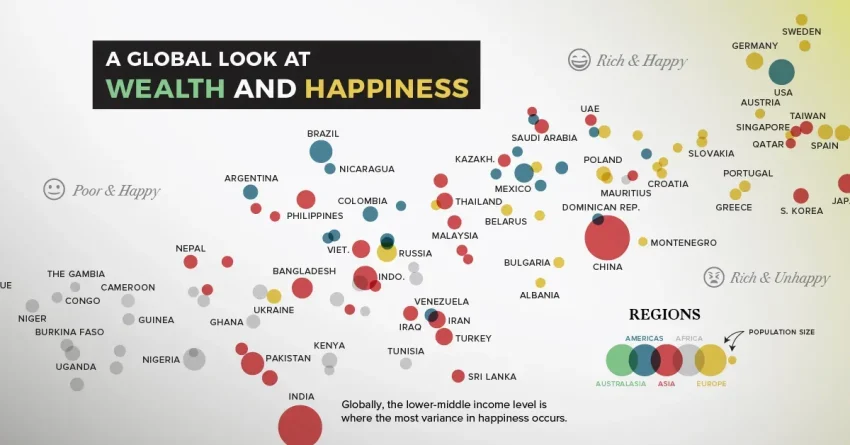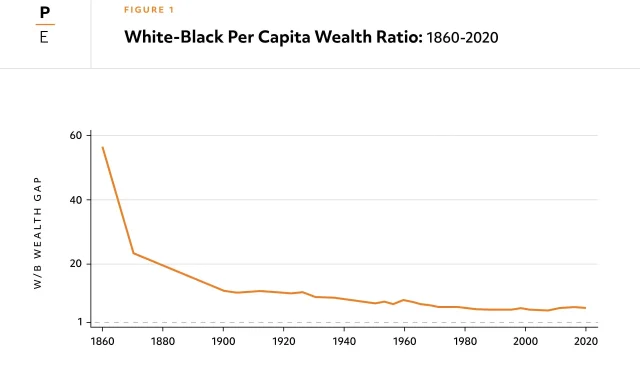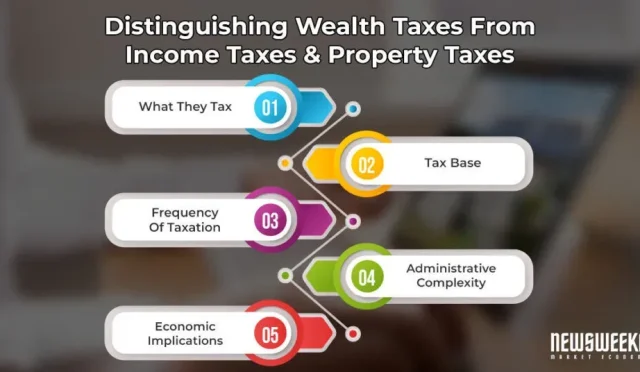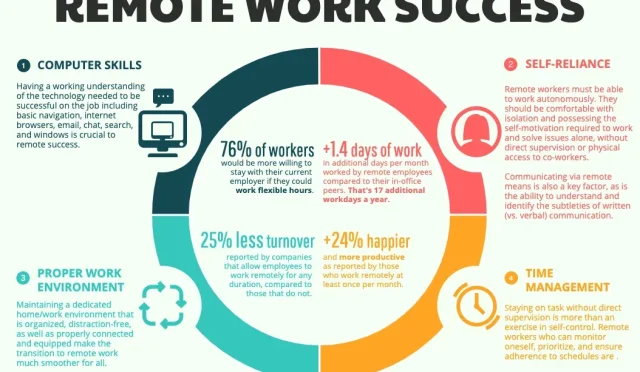Wealth-adjusted happiness (WALS) provides a nuanced perspective on the relationship between economic resources and subjective well-being. While conventional metrics often link a nation’s prosperity directly to citizen happiness, WALS challenges this notion by revealing that wealth isn’t the sole determinant of life satisfaction. Many countries with limited economic resources manage to cultivate remarkable happiness levels, effectively utilizing their available means. This concept inspires a fresh evaluation of the happiness index, suggesting that societies can achieve high well-being without massive financial backing. Understanding wealth-adjusted life satisfaction highlights the intricate balance between economic conditions and genuine human fulfillment.
Wealth-oriented well-being assessments often fall short when measuring true happiness across different demographics. Terms such as ‘economic satisfaction,’ ‘subjective well-being,’ and ‘life contentment’ reveal the multifaceted nature of how people gauge their happiness relative to their resources. In exploring concepts like the happiness index, it becomes evident that various factors beyond mere financial wealth contribute significantly to an individual’s overall life satisfaction. Some nations exemplify this, where cultural values and social structures play a critical role in nurturing happiness, regardless of their economic standing. Thus, alternative assessments that measure well-being alongside economic resources offer valuable insights into the complexities of human happiness.
Understanding Wealth-Adjusted Happiness
Wealth-adjusted happiness, or WALS, is a novel metric designed to provide a clearer picture of how effectively nations turn their economic resources into genuine happiness for their citizens. Traditional methods have often tied happiness closely to national wealth, correlating GDP per capita with life satisfaction without considering how different countries utilize their economic potential. An effective analysis of happiness must not only assess absolute wealth but also relative efficiency in achieving well-being. This means examining how nations optimize their resources to elevate the happiness levels of their citizens, making WALS an essential lens through which to view global happiness rankings.
The findings derived from applying the WALS approach reveal that several low-income countries manage to achieve comparatively high levels of happiness, illustrating that economic resources are not the only determinant of life satisfaction. For instance, nations such as Nicaragua and Nepal score better on WALS than more affluent counterparts, indicating a remarkably effective use of resources. This challenges the conventional narrative that wealth equates to happiness, suggesting that cultural, social, and psychological factors significantly influence how individuals perceive their well-being.
The Limitations of Traditional Happiness Metrics
Traditional happiness indices often prioritize economic factors, leading to a skewed understanding of life satisfaction across nations. The World Happiness Report, while frequently referenced, tends to overlook the nuances present in different countries’ contexts. By failing to adjust life satisfaction scores for variables such as wealth, the reports can misrepresent the happiness levels of nations that appear wealthy but lack essential social structures contributing to subjective well-being. This reliance on GDP as a primary measure can create a misleading ranking of happiness, masking the happiness inefficiencies of wealthier nations.
In contrast, wealth-adjusted life satisfaction (WALS) provides a more contextual analysis that reveals the hidden strengths and weaknesses embedded within various societal frameworks. Countries with comparable GDP per capita can have vastly different happiness outcomes based on how effectively they convert resource access into life satisfaction. For policy makers and researchers alike, understanding these limitations is crucial for promoting a more accurate depiction of global well-being.
Cultural Influences on Happiness Levels
Cultural and social factors play a significant role in shaping happiness levels, often acting independently of a nation’s wealth. Research has shown that factors such as perceived job quality, social capital, and community engagement can significantly enhance subjective well-being. Collectivist societies, often found in lower-income countries, demonstrate the capacity to foster strong interpersonal connections and social support networks that contribute to greater life satisfaction. This highlights the importance of fostering these cultural values, as they can often compensate for lower economic resources.
When individuals in richer nations experience material success but lack social fulfillment, their happiness levels may not align with expectations set by their wealth. Consequently, WALS provides a more complete picture by emphasizing the need to consider these cultural nuances and social determinants alongside economic resources when calculating happiness. Acknowledging the role of culture opens avenues for more constructive dialogues about how societies can improve their happiness outcomes, regardless of their economic standing.
Implications for Policy and Society
The implications of adopting a wealth-adjusted perspective on happiness are profound. Policymakers should be encouraged to reevaluate their focus on boosting GDP as a primary goal for enhancing well-being. Instead, integrating non-economic factors such as job satisfaction, social connections, and community engagement into decision-making processes could lead to more meaningful improvements in life satisfaction. If governments can prioritize mental health services, vocational training that emphasizes job enjoyment, and support for community-building initiatives, they are likely to foster a happier society.
Moreover, by recognizing that happiness is not the sole domain of wealthier nations, there is an opportunity for cross-cultural learning and policy development. Low-income countries may have unique insights into community resilience and well-being that can inform practices in wealthier nations. Effective happiness policies will thus require a holistic approach that harmonizes economic growth with initiatives aimed at fostering social bonds, personal fulfillment, and psychological well-being.
The Role of Economic Resources in Life Satisfaction
While economic resources undeniably play a role in shaping national happiness, the extent of their influence varies significantly across different settings. Countries with substantial wealth tend to have better infrastructure, education, and healthcare systems, which collectively contribute to higher life satisfaction scores. However, this relationship is nuanced; within wealthy nations, disparities exist in how well these resources are translated into individual well-being. For instance, affluent regions may still struggle with mental health issues, disconnected communities, and diminished job quality, leading to a happiness deficit despite high GDP.
Conversely, some low-income countries manage to thrive on the happiness index due to effective resource allocation and social cohesion. They cultivate an environment that prioritizes community support, relationship-building, and personal fulfillment, thereby raising life satisfaction levels beyond what would be expected based solely on economic indicators. This reinforces the idea that while wealth can provide opportunities, it is the efficient use of those resources and a focus on fundamental human connections that ultimately drive happiness.
Revisiting Global Happiness Rankings
The introduction of wealth-adjusted life satisfaction (WALS) offers a fresh perspective on global happiness rankings, shifting the focus from a purely economic lens to one that factors in the efficiency of happiness generation. By revealing the discrepancies between expected and actual life satisfaction, WALS allows for an enriched understanding of why certain nations excel in promoting happiness despite lesser economic resources. This new metric demonstrates that ranking nations solely based on wealth can overlook valuable insights into sustainable well-being.
For researchers, revisiting and potentially restructuring happiness rankings through a wealth-adjusted lens would enrich global conversations about well-being. The application of WALS not only highlights the varying experiences of happiness across diverse socio-economic landscapes but also encourages more informed dialogue around what constitutes a ‘good life.’ Cultivating a more nuanced view of happiness can inspire nations to prioritize comprehensive well-being strategies that transcend mere economic growth.
The Interconnection of Subjective Well-Being and Economic Conditions
Subjective well-being is intricately linked to economic conditions, yet it is essential to understand that financial prosperity alone does not ensure happiness. Individuals often express that their perception of wealth is as significant as the wealth itself; hence, how a society views and utilizes its economic resources can dramatically influence overall happiness levels. For example, cultures that emphasize equal wealth distribution, even in lower-income settings, tend to have higher perceived happiness levels. This reinforces the notion that economic conditions should be assessed alongside societal values and practices.
Economic policies that focus on improving subjective well-being can lead to higher levels of happiness across various income levels. Investing in education, accessible healthcare, and enhancing the quality of life through social programs can transform how economic conditions influence happiness. In understanding the broader landscape of subjective well-being, it becomes clear that fostering environments that nurture happiness can deliver significant societal benefits, regardless of wealth disparities.
Collective Societal Well-Being vs. Individual Economic Gains
The dichotomy between collective societal well-being and individual economic gains becomes increasingly relevant in discussions of happiness. Countries that prioritize community well-being over individual wealth often witness higher levels of life satisfaction. For instance, Scandinavian nations exemplify how policies focused on collective welfare can yield happiness outcomes that surpass what would be predicted by their wealth. This approach fosters a strong safety net, equitable access to resources, and an emphasis on social cohesion, which collectively contribute to overall happiness.
In contrast, societies driven primarily by individualistic economic success may face challenges in cultivating a shared sense of well-being. The pursuit of personal wealth can lead to feelings of isolation and dissatisfaction among individuals, reducing collective happiness. As nations realize the value of fostering community well-being, they can instigate policy changes that prioritize interventions aimed at improving collective life satisfaction, ultimately leading to healthier, more cohesive societies.
Learning from Low-Income Nations
The experiences of low-income nations often hold valuable lessons for higher-income countries in terms of promoting happiness. Southern countries noted for their high WALS scores tend to demonstrate resilience and community spirit, illustrating that effective management of social resources can lead to high levels of satisfaction. For instance, countries like Nepal exhibit practices that emphasize social bonding over material wealth, suggesting that happiness strategies do not necessarily hinge on economic prosperity.
This presents an opportunity for a transformative approach to understanding happiness; instead of viewing low-income countries solely as beneficiaries of knowledge and resources, wealthier nations can learn from their efficient happiness models. Recognizing the unique strengths of these nations, such as cultural values, community engagement, and social support systems, could lead to innovative policies that promote life satisfaction universally, regardless of economic status.
Frequently Asked Questions
What is wealth-adjusted happiness (WALS) and how does it differ from traditional life satisfaction measures?
Wealth-adjusted happiness, or wealth-adjusted life satisfaction (WALS), is a measure that evaluates a country’s happiness considering its economic resources. Unlike traditional life satisfaction measures that simply correlate happiness with GDP, WALS assesses how effectively a nation translates its wealth into subjective well-being. It identifies countries that achieve high life satisfaction relative to their wealth, revealing that some low-income nations can be remarkably efficient in generating happiness.
How does WALS provide a more accurate representation of happiness compared to standard happiness indices?
WALS offers a more nuanced view of happiness by adjusting standard life satisfaction scores based on GDP per capita. This means it factors out the portion of happiness directly explained by wealth, allowing for a clearer picture of how well nations convert their economic resources into subjective well-being. As a result, WALS can unveil surprising findings, such as low-income countries scoring higher on happiness than wealthier nations.
Why are some low-income countries able to achieve high wealth-adjusted life satisfaction (WALS) scores?
Low-income countries, such as Nicaragua and Nepal, achieve high WALS scores due to various social, cultural, and psychological factors. These may include high perceived job quality, a strong sense of personal freedom, social capital through volunteering and friendships, and positive emotional experiences. Such elements contribute significantly to subjective well-being, allowing these nations to generate happiness that surpasses what their economic resources might suggest.
What are the implications of wealth-adjusted happiness for national policies?
The findings regarding wealth-adjusted happiness suggest that national policies should not focus solely on economic growth. Instead, they should also prioritize enhancing job quality, promoting personal freedoms, fostering strong social connections, and enriching emotional experiences. By addressing these non-economic factors alongside economic development, countries can create a more sustainable model for improving overall well-being and happiness.
How can the study of wealth-adjusted life satisfaction (WALS) inform international comparisons of well-being?
Studying WALS offers a revised perspective on international comparisons of well-being, challenging the notion that wealthier countries always lead in happiness. It indicates that lessons can be learned from lower-income nations that effectively manage to sustain high life satisfaction despite material limitations. Understanding these dynamics can enhance mutual learning opportunities and promote more effective practices across different cultures and economies.
| Key Points | Details |
|---|---|
| Wealth-Adjusted Happiness | Wealth alone does not determine national happiness; efficiency in converting resources into happiness matters. |
| World Happiness Report Limitations | The report ranks countries without considering initial conditions, impacting the accuracy of happiness comparisons. |
| Wealth-Adjusted Life Satisfaction (WALS) | WALS accounts for economic resources, offering a better measure of happiness relative to a country’s wealth. |
| Variation in Happiness Scores | Countries like Nicaragua and Nepal score high on WALS despite being low-income, while some high-GDP countries exhibit low happiness levels. |
| Factors Affecting Happiness | Significant factors include job quality, personal freedom, enjoyment experiences, and social capital. |
| Implications | Policies should combine economic growth with investments in factors contributing to life satisfaction. |
Summary
Wealth-adjusted happiness illustrates that happiness is not solely determined by a nation’s wealth but by how effectively it utilizes its resources. The notion of wealth-adjusted life satisfaction challenges the traditional view of happiness rankings, revealing that many low-income countries can achieve high levels of happiness despite limited resources. This emphasizes the importance of considering social and psychological factors in fostering well-being, urging policymakers to prioritize not just economic growth but also the quality of life elements that contribute significantly to overall happiness.








